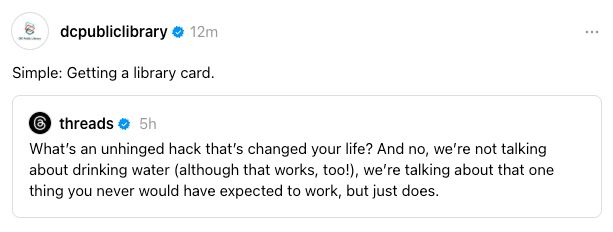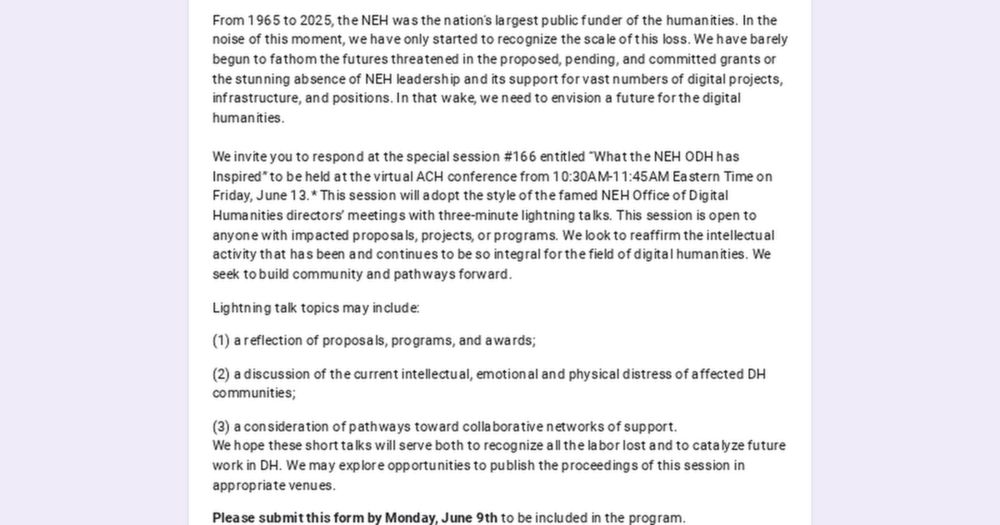Eagan Dean
@eagandean.bsky.social
110 followers
160 following
39 posts
he/they
asst prof College of Wooster
[My posts do not reflect my employer]
Eagandean.com
Early/C19 US lit & culture, trans/gender studies
learning to teach for justice
🏳️⚧️🌈
Posts
Media
Videos
Starter Packs
Reposted by Eagan Dean
Reposted by Eagan Dean
Reposted by Eagan Dean
Eagan Dean
@eagandean.bsky.social
· Jul 26
Reposted by Eagan Dean
Eagan Dean
@eagandean.bsky.social
· Jul 26
Reposted by Eagan Dean
Katie Mack
@astrokatie.com
· Jun 19
Eagan Dean
@eagandean.bsky.social
· Jun 17
Eagan Dean
@eagandean.bsky.social
· Jun 17
Eagan Dean
@eagandean.bsky.social
· Jun 17
Eagan Dean
@eagandean.bsky.social
· Jun 17
Eagan Dean
@eagandean.bsky.social
· Jun 17
Reposted by Eagan Dean
Eagan Dean
@eagandean.bsky.social
· Jun 12
Reposted by Eagan Dean
Eagan Dean
@eagandean.bsky.social
· Jun 11












